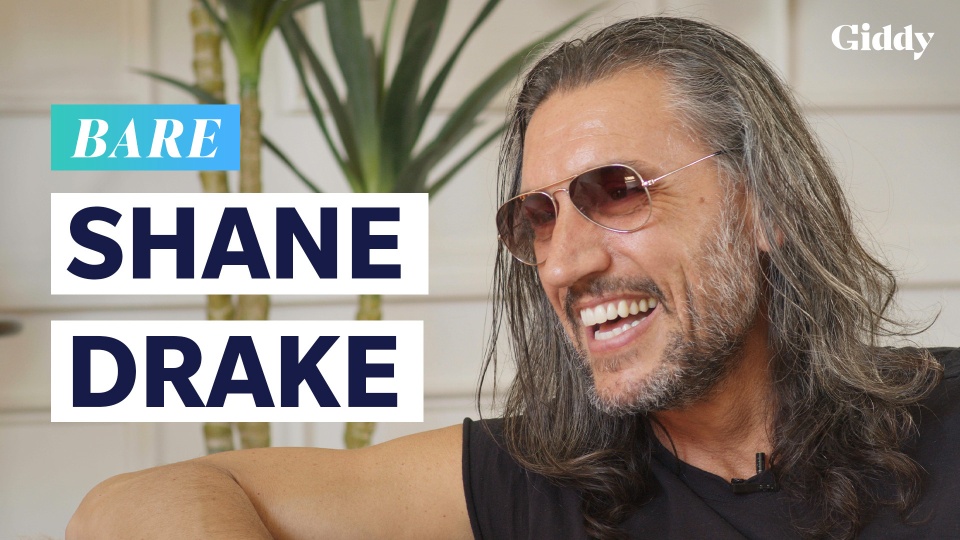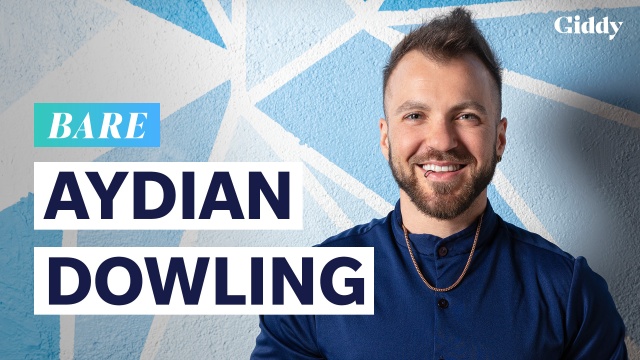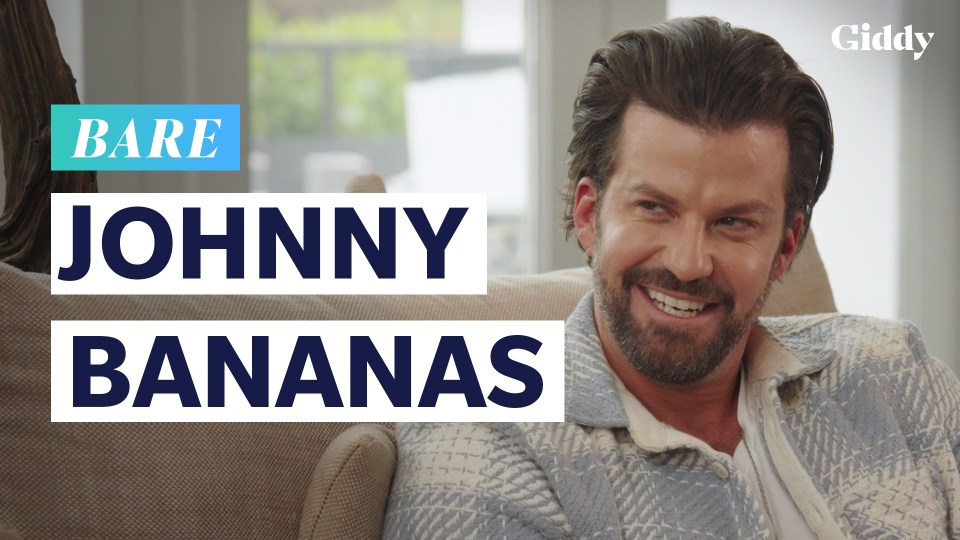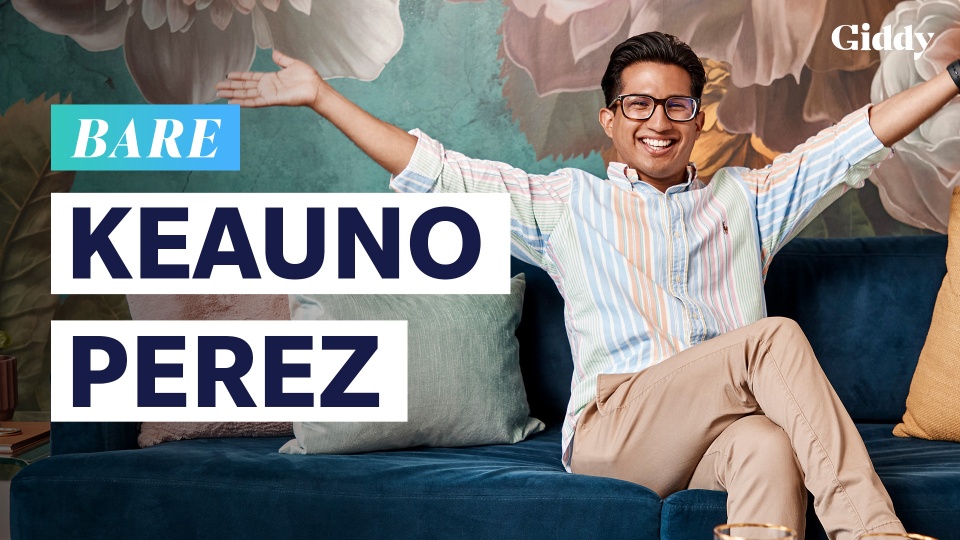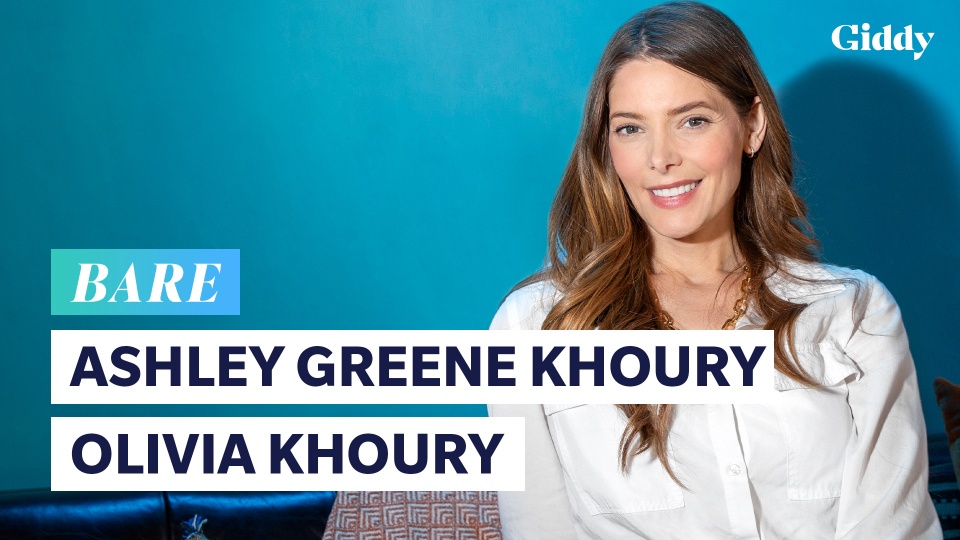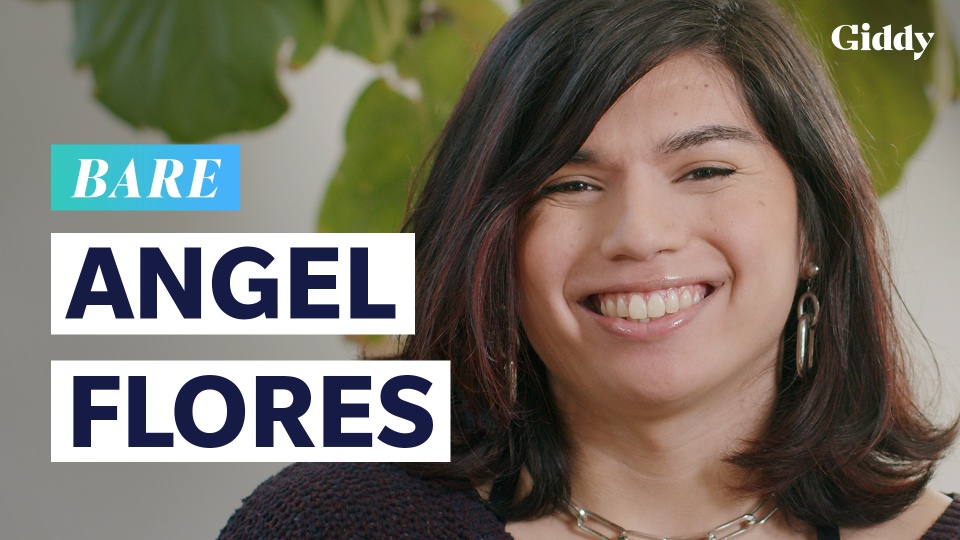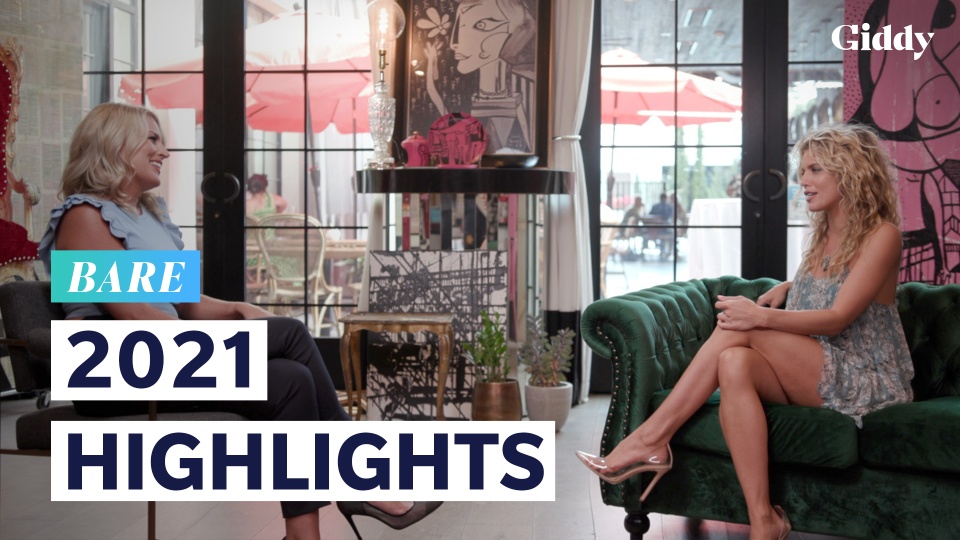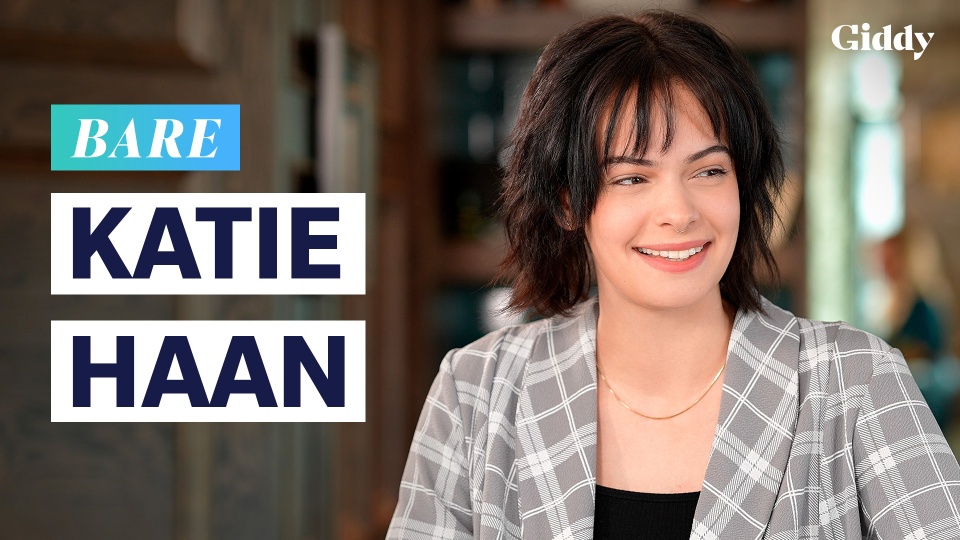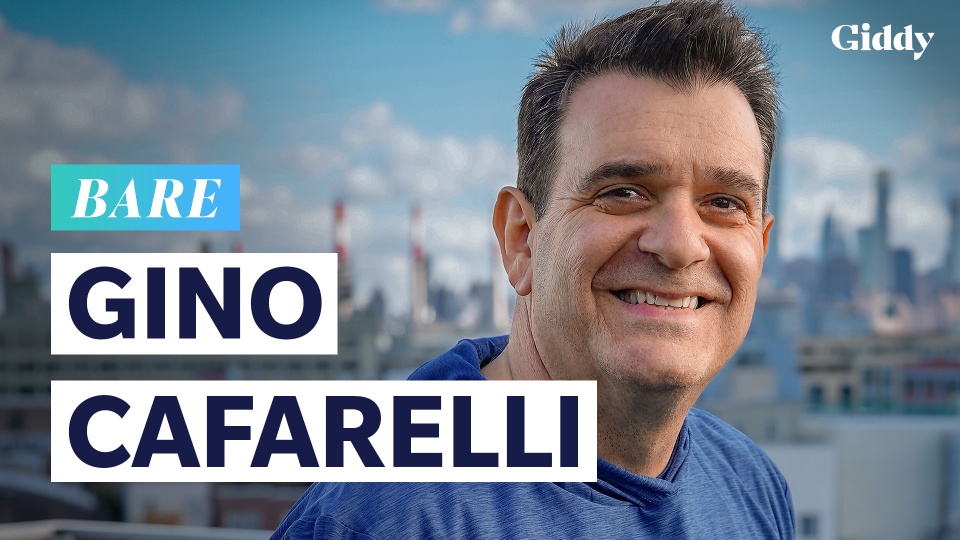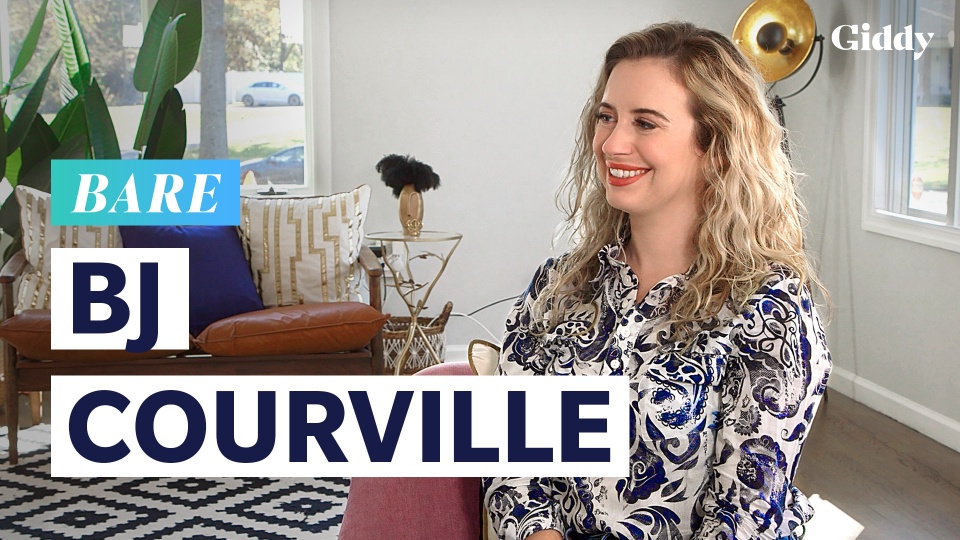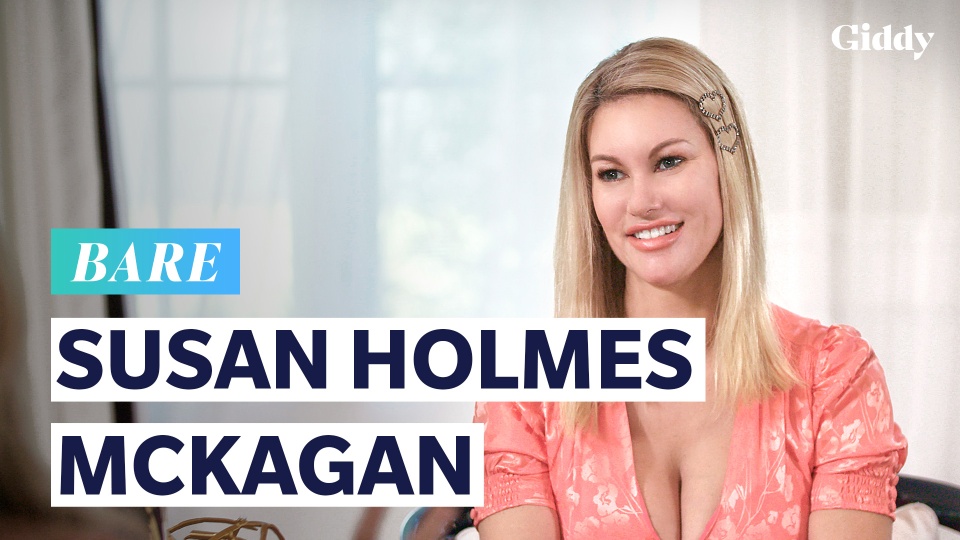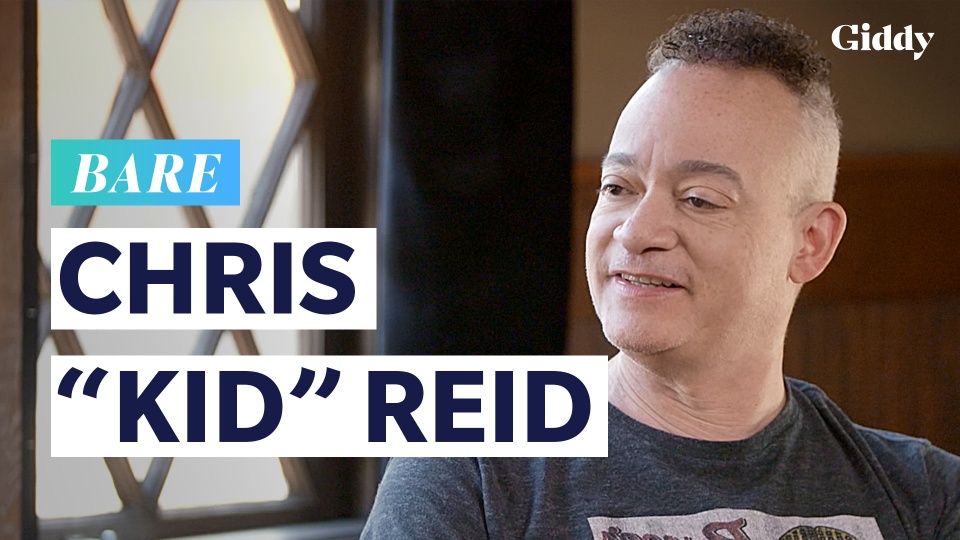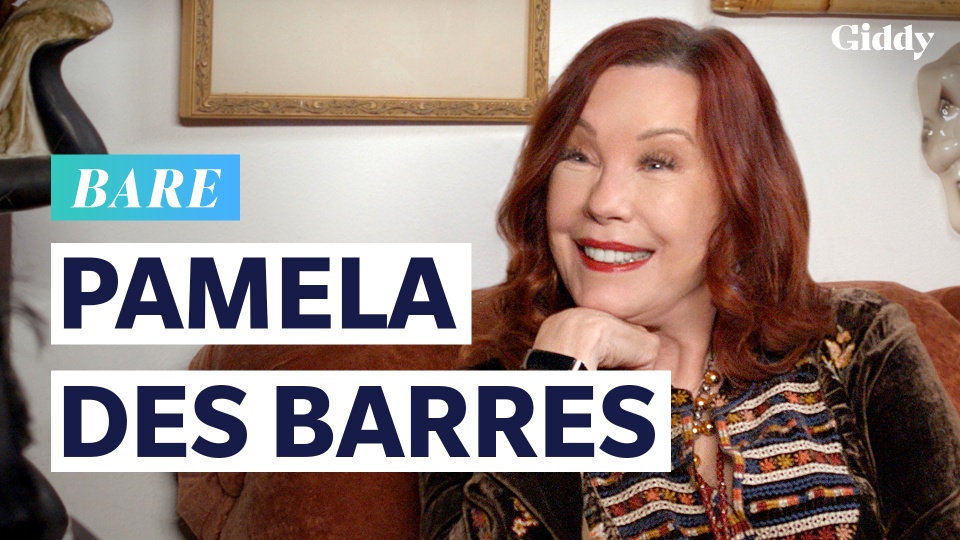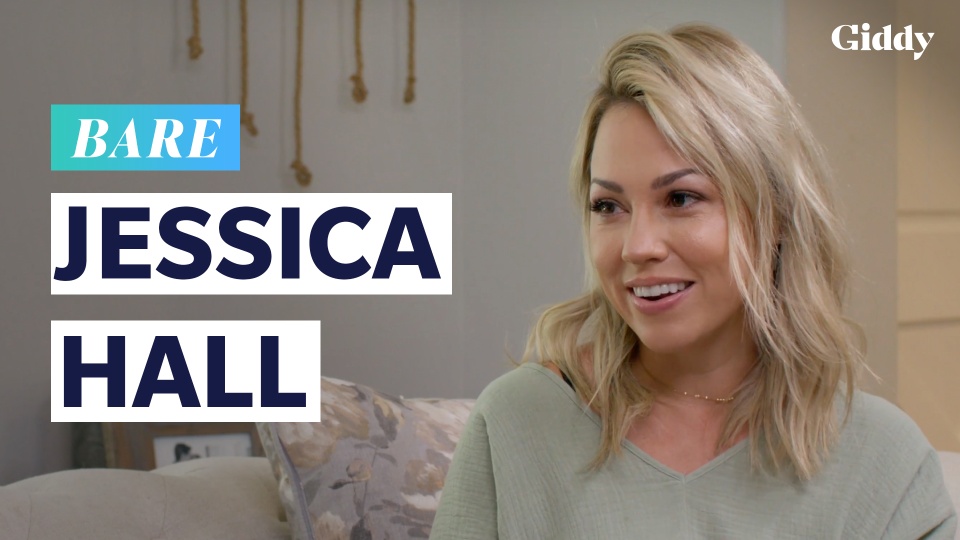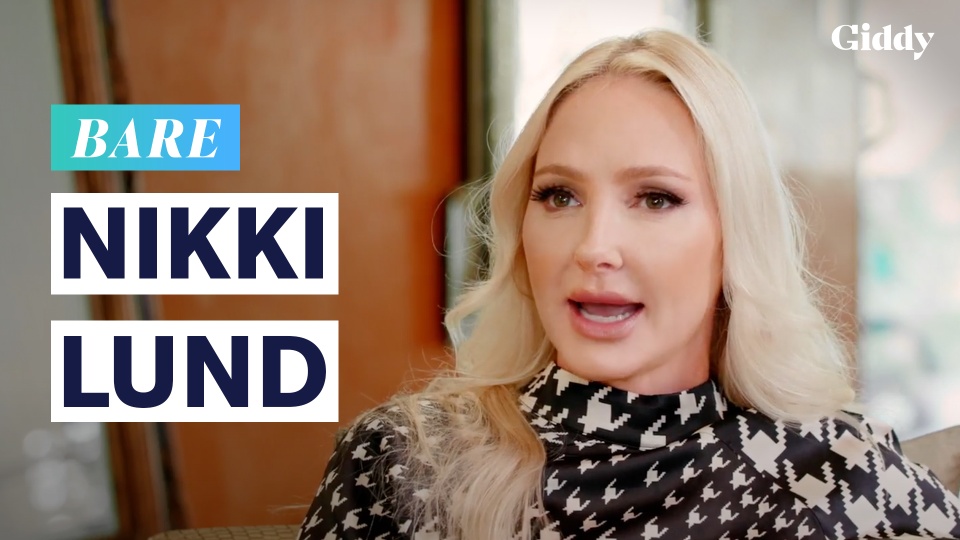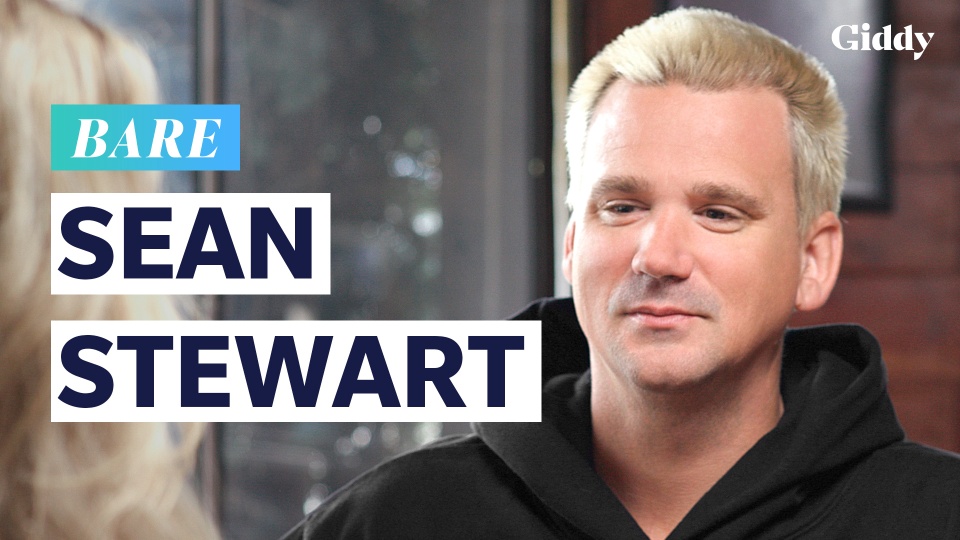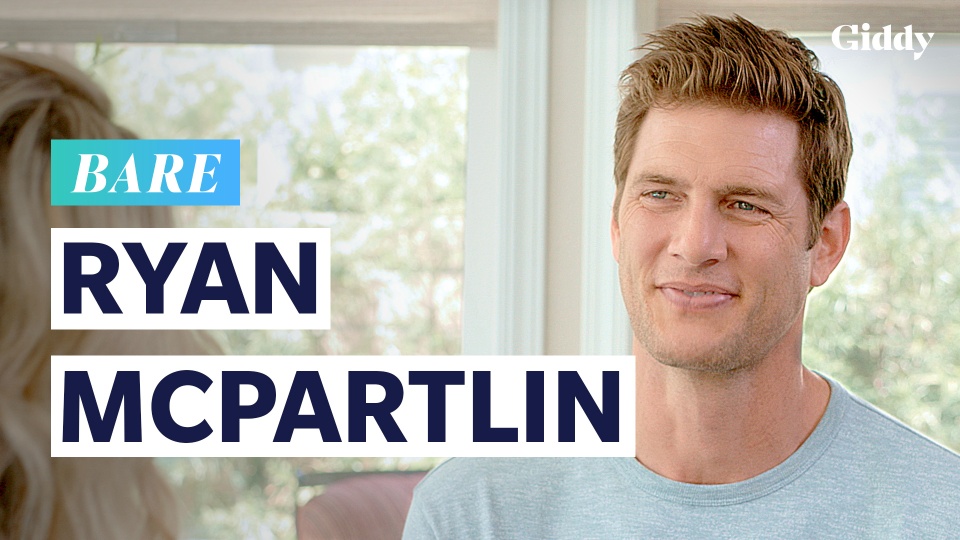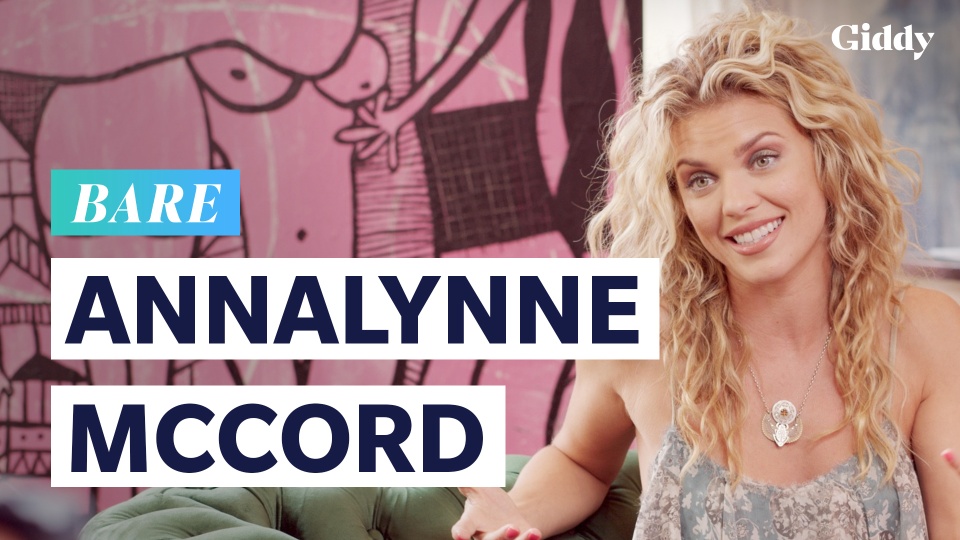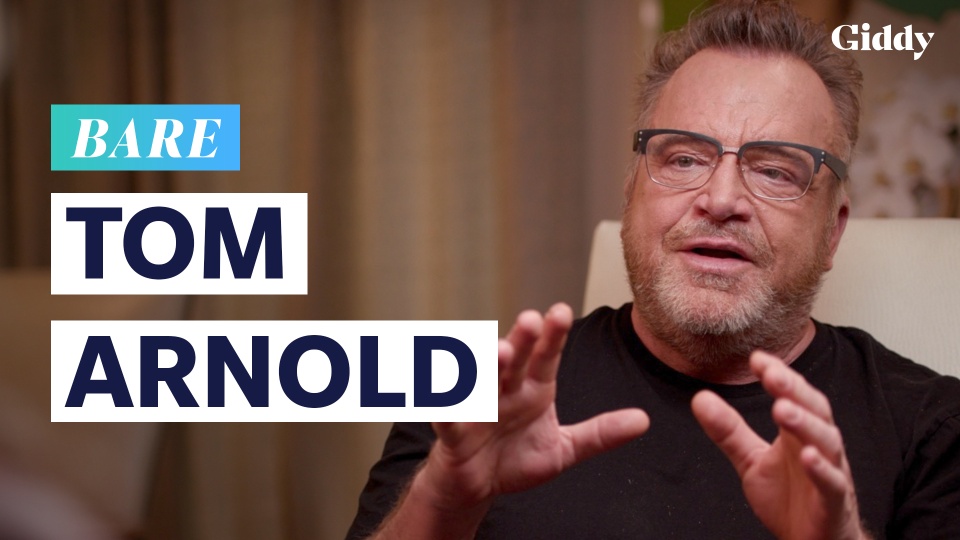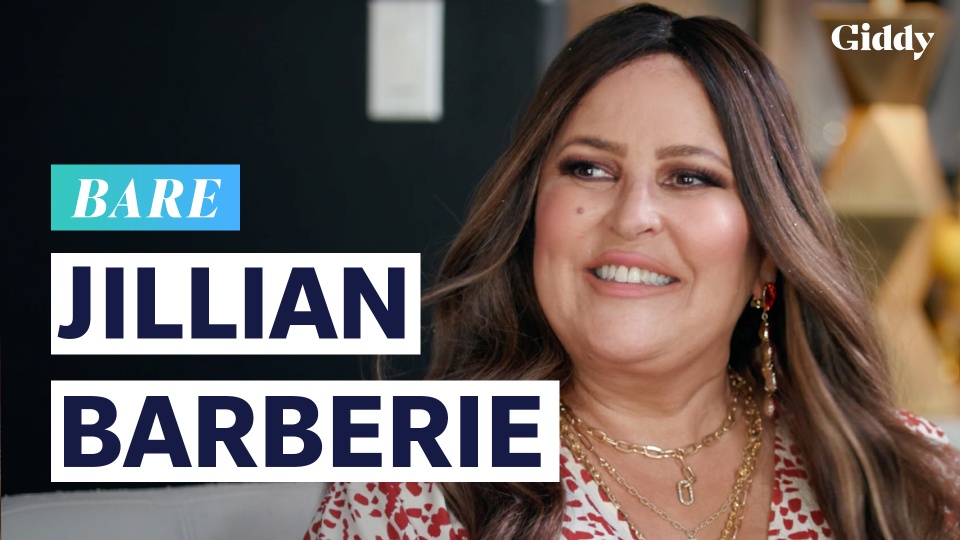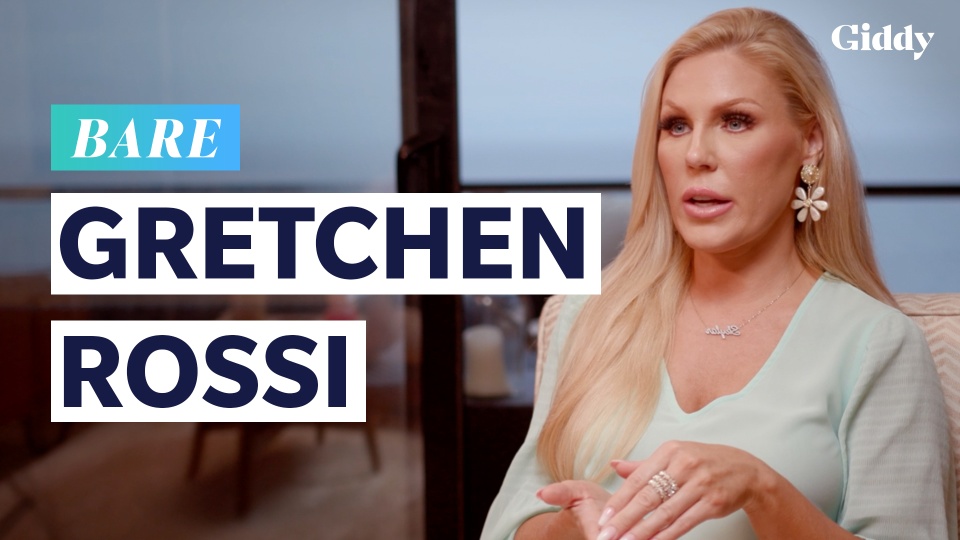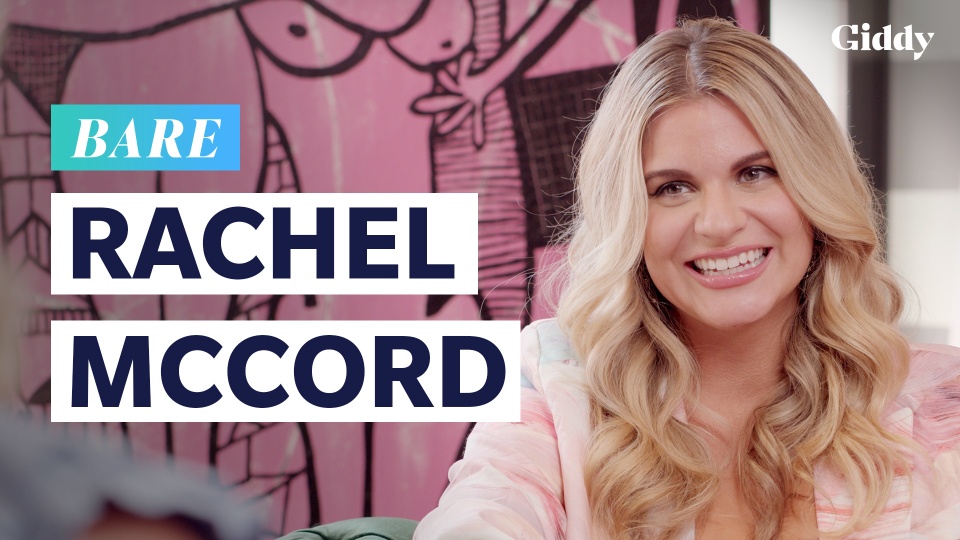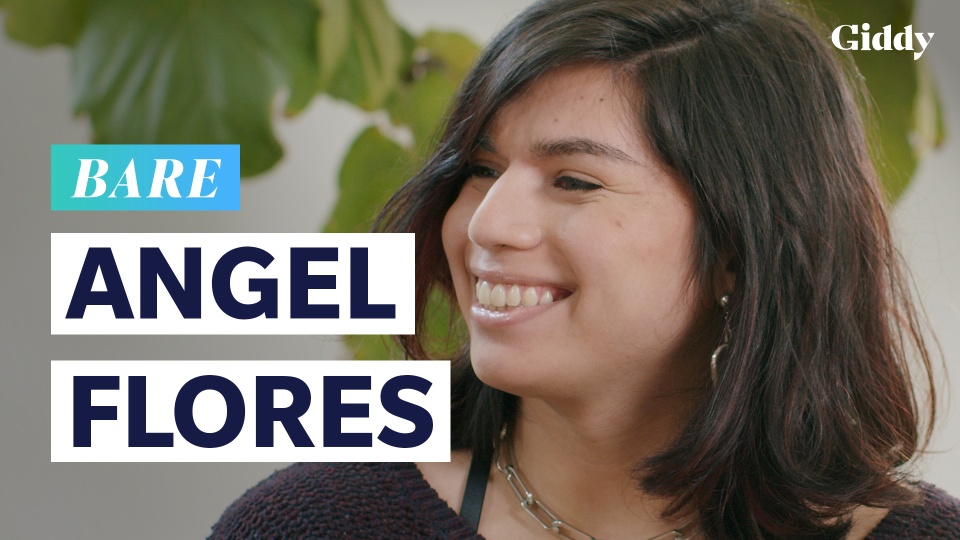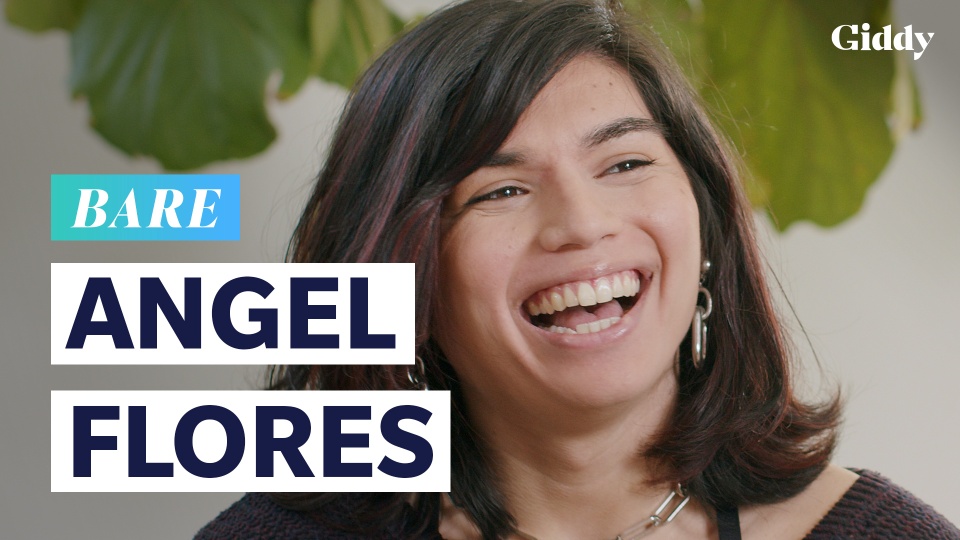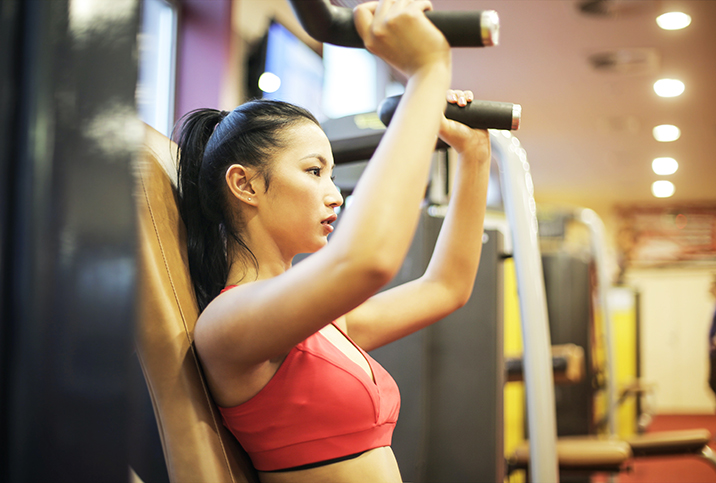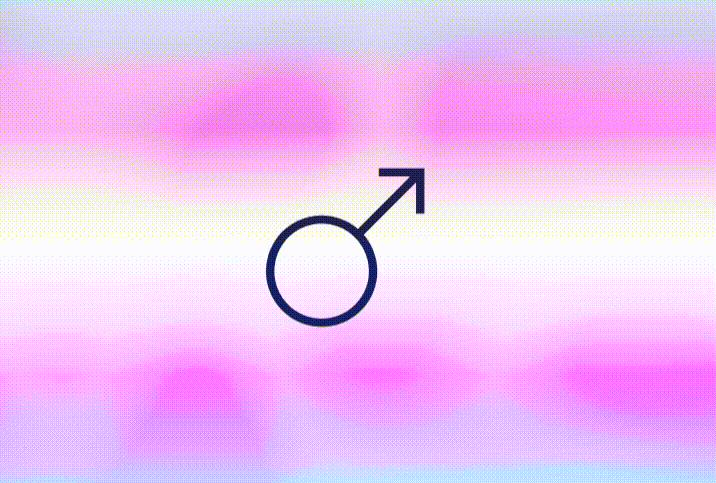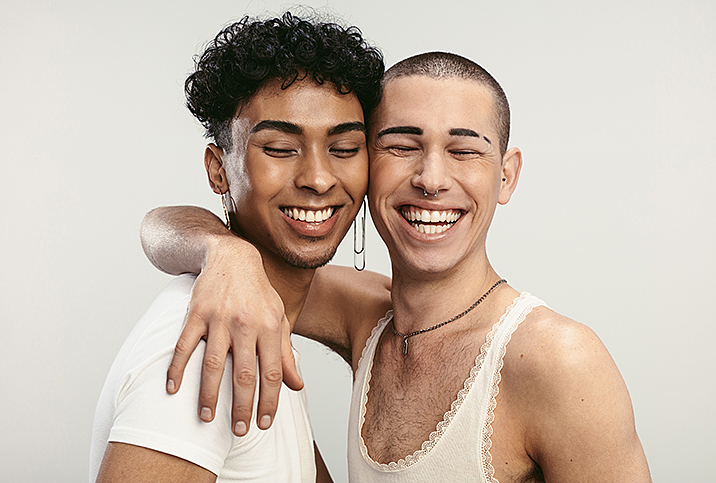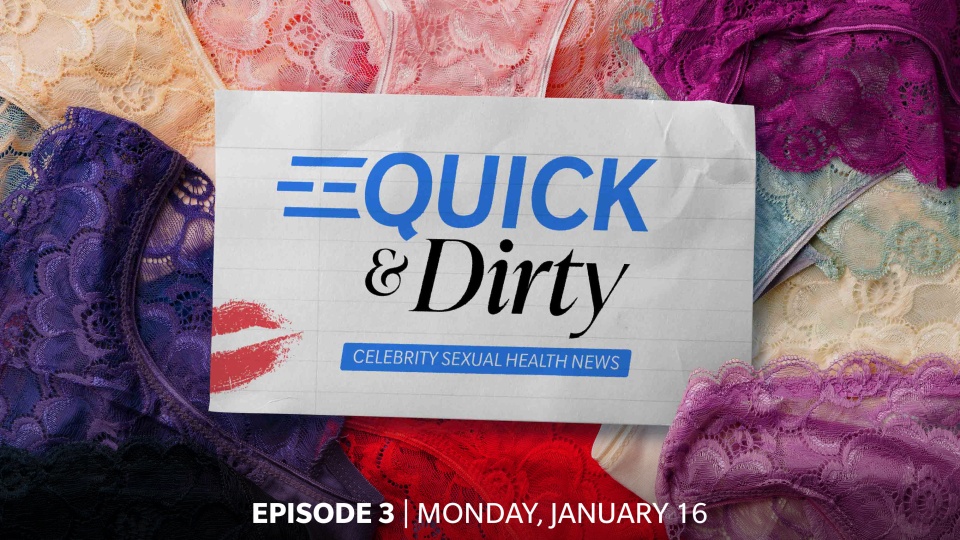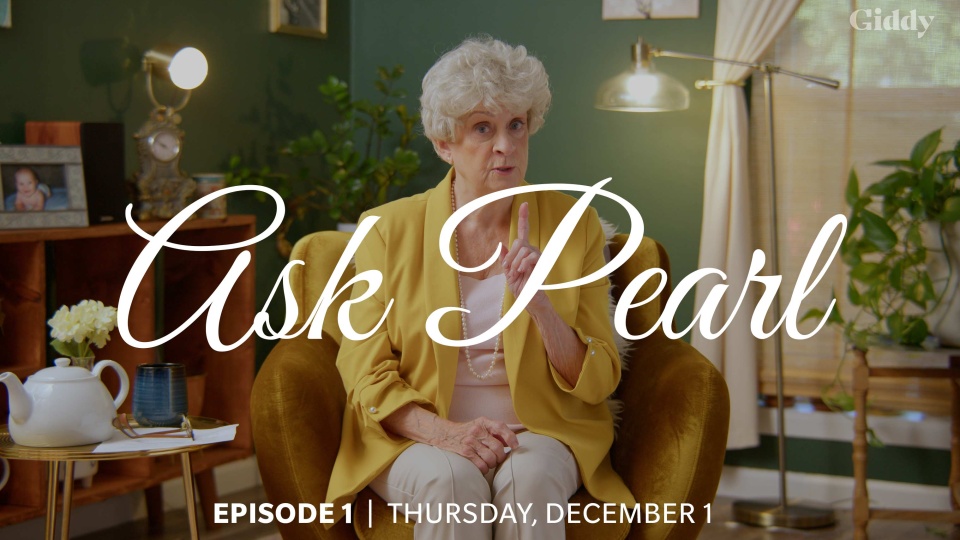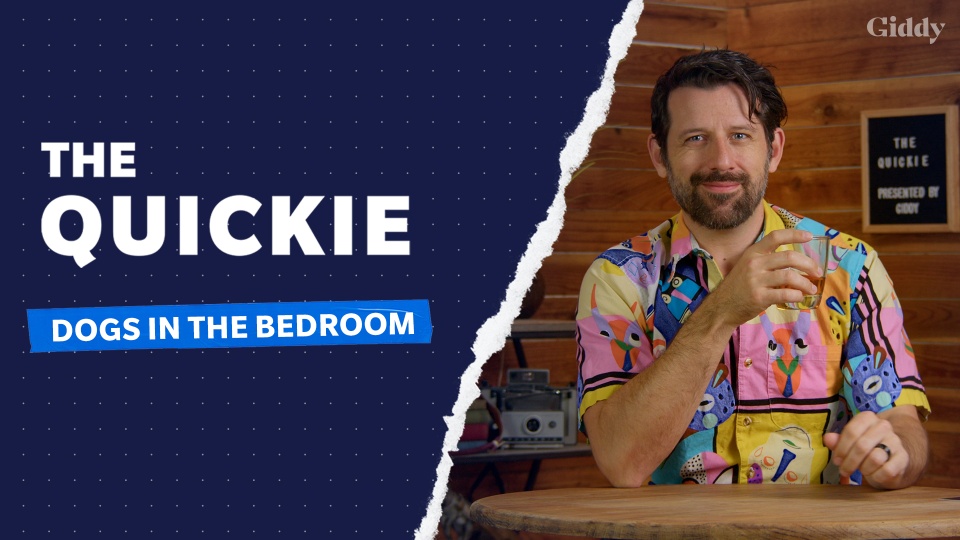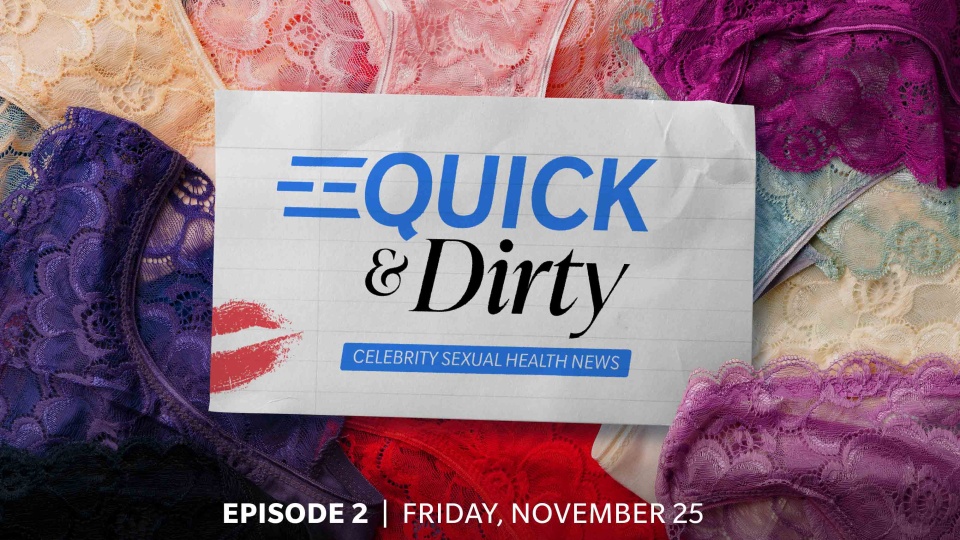Angel Arkangel Flores on identity, sexual health and 'Queer Eye'
Athlete Angel Arkangel Flores sat down with Giddy's Bri Jenkins to discuss what it was really like to be on Netflix’s hit show and how she prioritizes her overall health as a trans woman and competitive powerlifter.
More about this episode
A Conversation with Angel Arkangel Flores
In this interview with Giddy’s Bri Jenkins, Angel Arkangel Flores opens up about her experience with gender transition and how that has influenced her life and overall health.
Flores, who won over the hearts of fans after appearing on season 6 of Netflix’s "Queer Eye," is a competitive powerlifter who devotes most of her time and energy to perfecting her craft. As a trans woman, she also advocates for the rights of trans people around the world. This dedication to the queer community allowed her to create a special bond with Jonathan Van Ness, one of the "Fab 5" in the Netflix hit show. Together, the duo inspires their fans to prioritize health and keep a positive attitude.
Physical health, however, is not the only priority of Flores. In the interview, she outlined the holistic nature of health and the importance of sexual health. After all, her sexual health as a trans person determines every aspect of her life. Her experience reminds viewers of all walks of life that health, including sexual health, is essential to living a joyful life.
Transcript
Hello, Angel. It is such a joy to be with you. I'm very giddy about this interview today.
So the first thing I want to jump right into is the last month. Obviously, “Queer Eye” came out in January. You were on season six, I believe. Everyone has just been loving you. You've really taken the internet by storm. What was Queer Eye really like? What was that experience for you?
For me as both a trans person and as somebody who has been introverted and very much anti-self for most of her life, to have a whole new crew of people — not only just the Five, but the entire crew — come into my life and completely change how I see myself and how I see how the world sees me and reframing for me, okay, it's not about coming out or it's not about me sharing my story. It's inviting the world to come share in my story. I mean, of course, it's life-changing.
We have seen that you've struck up a friendship with Jonathan Van Ness or affectionately known as JVN. What does that friendship look like for y’all?
We had an instant connection the week of just because our identities fall in line with a lot of things. Then to grow past that, I've now gotten the opportunity to both coach them in weight training and to train with them for their gymnastics.
It kind of created this even more unique connection. We can train together, laugh together, tell each other stories that we necessarily wouldn't tell anybody else — and then also push each other in training as well. I don't think anybody can yell at me the way that Jonathan does and I don't think I can yell at anybody the way I yell at Jonathan. It's very, very unique and it's been amazing.
So you briefly touched on lifting and competing — I could watch you lift all day. I think it's like one of the most empowering things I've ever seen. I'm going to come live with you now. — but as a trans athlete, as a trans woman, we see, like you were saying, this legislation, this transphobia, this homophobia against the trans community and people who are gender fluid in any sort of way competing.
What would you say to folks who are having a problem with that?
Well, I'd say that the main concern, of course, is do trans women have an "unfair advantage" after hormone therapy? The current regulations across most sports is you go on hormones for about a year and a half, you get your testosterone down to a certain amount, and after that period of time, you will have no further "unfair advantages" given by testosterone. The body has completely rid itself of any testosterone.
Every single feature that a trans athlete has, that could be considered an "advantage," a woman can get too. You can grow to be 5'9. You can have slightly larger hands. (I mean, my hands are average compared to all the other girls in my gym.). You can grow to carry muscle better. All these things are competitive advantages that might aid you in competition, but they're not unfair because anybody can have them.
I've never been on steroids. I did everything medically with doctors, with psychiatrists. I'm just like every other girl. And that's just how it is. There is nothing that I could really say to… [chokes up] Sorry. I get very frustrated because it very much is like, I'm just normal and I'm just me. And I'm there's nothing special about me besides the fact that I work hard. This is what I love doing. This is what makes my heart beat. When I'm in the gym, things feel great, things feel amazing.
I know so many people can understand because they can do that with their own things, right? Whether it be art or music or their job. If you like going to work every day and sitting in a cubicle and typing on a computer every day, then live your freakin' truth, you know? This is how I live mine and I wouldn't trade that for the world. I know so many people that I also wouldn't trade it for the world.
We've talked about your relationships. I want to know what your journey has been like. When I came out, I was 26. I always kind of felt like I know that I am different, but I don't know what that means. But I always circle back to your age — you're so young and you know so much and you've lived such a life. What does that journey look like for you?
Well, it's kind of just you live your entire life feeling like there's a wire crossed. Back in high school, I was like, "I'm gay." I never dated a boy, kissed a boy like once, and I was like, "Ehh, just not really my thing," but I was still like, "I've gotta be gay. There's no other explanation."
It wasn't until college, and I was listening to a podcast and one of the hosts on the podcast came out as trans and said that she's going to start hormones and do the whole process. As she's talking, it wasn't as though I was relating to her; it was as if she was relating to me. She was taking a look at my story, not the other way around.
As she's talking, things are just clicking and clicking and clicking and clicking and I'm like, "Am I a girl?" It was like instantly the egg breaks and you know. Then every time from there, if somebody looks at you and says, "he," or uses my dead name, I instantly feel anxiety, dysphoria. I don't like that. I don't feel comfortable with that.
It was instant, and now I have language for it and now I can actually relay that language. It was like the wires were instantly uncrossed.
Then it's taking the small steps. I'm gonna put on a bra. I'm going to wear some eyeshadow. I'm going to paint my nails. I'm going to do small things. I'm gonna keep my face shaven for a long period of time. And day by day, another thing just clicks in, and it's like, "That feels good. That feels good."
I feel like my entire life — not taught by anybody, but unconsciously drilled into myself — I don't chase what feels good. And I feel like a lot of us do that. We kind of get scared when things start to go our way or things start to feel good and we start doing things that are out of our comfort zone that make us feel validated.
I'm doing this. I chose to do this because it validates me, and it's what I need to not only improve my quality of life, but to make me feel whole. I feel like nobody should be punished either by the outside world or by themselves for chasing that.
That story of freedom and not living in fear and really getting to figure out who you are. And when you said that you thought you were gay at first, and how when we have such a limited language, it's like, "Okay, like I'll try this thing."
But then for you to keep going, like, "No, that's not it." Just keep fighting for that freedom, I think is such an empowering story of how you've gotten to where you are.
Thank you so much. I'm lucky in that I didn't have to fight anybody but myself. So many other people, especially around the world and even in states within the U.S., have to fight more than just themselves and their own identity to get what they need, to find the medical care that they need — because this is what it is, it's medical. This makes us better. This improves the quality of life. If it improves the quality of life, why wouldn't it be medical? So I'm so privileged in that I not only have a great support system behind me, but I also have the resources available to me, and those should be made more available across the country and around the world.
As you know, here at Giddy, we're really focusing on sexual health and the importance of it. For you being a woman, a trans woman, an athlete, a trans athlete, I'm just wondering what sexual health means to you and how do you prioritize it?
Well, when I look at my athletics and how my body works, both in the gym and outside, I'm always looking at it holistically. If I'm not healthy in a 360 degree [view] of my body, I'm not healthy period.
With transition and my body changing, I've had to really have a new experience of sexuality with my own body and my own sexual health. Being able to both talk to doctors who understand what's going on and can provide a little more insight alongside taking the time on my own to keep researching and learning more about how my body changes and the things that I need.
Looking at it holistically, I wouldn't be able to do much of anything if I didn't also take care of my sexual health. As a trans person, if you're not making the effort to at least learn more about what is changing about your sexual health, you're kind of putting yourself at a disadvantage. It's important. It’s one of the most important things that changes through transition. Not only do your senses change, but also how your body works changes. What feels good and what doesn't feel good changes.
You need to go and learn more, not only about what's changing, but also about what's staying the same and how to better take care of your body in a more holistic fashion.
Thank you so much for talking to me today. I could talk to you for days on end. But I have one final question for you, and that is: What gets you Giddy?
This is going to be super gay. [laughs] So my girlfriend — I have a very specific laugh when I'm super giddy and super giggling — and she will attack me and shower me with kisses on my face and I'll get super blushy and uncontrollably giggling and laughing. Then she'll stop and grab me and hold me, and it's like, "Wow, I'm home. I'm happy. I can be joyous, I'm safe here."
I think that's the most giddy I can feel right now.






